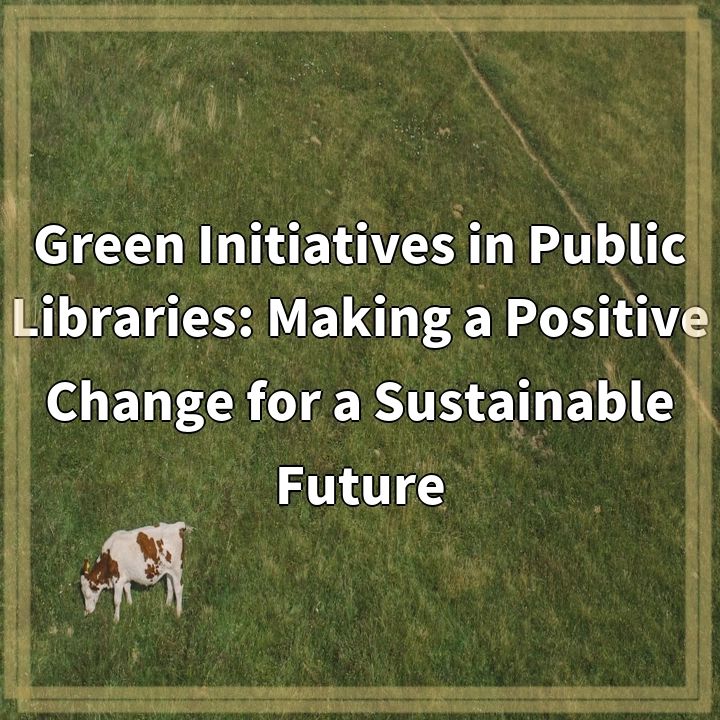
What is Sustainable Home Cleaning?
Sustainable home cleaning refers to the practice of using environmentally friendly products and methods to clean and maintain a home. It involves reducing the use of harsh chemicals, minimizing waste generation, and adopting practices that are safe for both humans and the environment. Sustainable home cleaning aims to create a cleaner and healthier living environment while minimizing the negative impact on the planet.
Real-World Problems Associated with Sustainable Home Cleaning
While sustainable home cleaning offers numerous benefits, there are also several challenges and obstacles that need to be addressed for widespread adoption. Let’s explore some of these real-world problems:
Limited Availability of eco-friendly cleaning products
Finding eco-friendly cleaning products can be a challenge for many consumers. Traditional cleaning products often flood the market, making it difficult to identify products that are truly sustainable. Additionally, eco-friendly alternatives are not always readily available in all areas, limiting access for those who wish to switch to more sustainable options.
Higher Cost of eco-friendly cleaning products
Another issue with sustainable home cleaning is the relatively higher cost of eco-friendly cleaning products. Compared to conventional counterparts, eco-friendly products often come with a higher price tag due to the use of organic and natural ingredients, as well as sustainable production methods. This cost barrier may discourage some consumers from making the switch.
Lack of awareness and education
A significant challenge in promoting sustainable home cleaning practices is the lack of awareness and education among consumers. Many people are not fully aware of the potential health and environmental risks associated with conventional cleaning products. Without proper education and information, individuals may continue to choose convenience over sustainability.
Resistance to change
Resistance to change is yet another real-world problem. Humans are creatures of habit, and breaking away from conventional cleaning practices can be met with resistance. Familiarity and perceived effectiveness of traditional cleaning products may make it difficult for individuals to embrace and adopt alternative, eco-friendly practices.
Greenwashing and lack of regulation
Greenwashing is a problem that plagues the marketplace. Some products may claim to be eco-friendly or sustainable, but upon closer inspection, they may still contain harmful ingredients or come packaged in non-recyclable materials. The lack of clear regulations and guidelines for labeling and certification make it difficult for consumers to differentiate between genuinely sustainable products and those that are simply making false claims.
Effectiveness concerns
There is a common perception that eco-friendly cleaning products are not as effective as their conventional counterparts. This misconception can deter individuals from making the shift towards sustainable home cleaning. However, it is important to note that there are plenty of effective and affordable eco-friendly alternatives available on the market today.
By acknowledging these real-world problems and finding practical solutions, we can overcome the challenges and make sustainable home cleaning the norm rather than the exception.

Solutions to Real-World Problems in Sustainable Home Cleaning
Addressing the challenges associated with sustainable home cleaning requires proactive measures and collective efforts. Here are some potential solutions to the problems discussed earlier:
Increased Availability and Accessibility of Eco-Friendly Cleaning Products
To overcome the limited availability of eco-friendly cleaning products, there is a need for increased production and distribution. Manufacturers should prioritize the development and marketing of sustainable alternatives, making them more accessible to a wider consumer base. Online platforms and local stores can play a role in stocking and promoting these products.
Promotion of Competitive Pricing and Affordability
To encourage wider adoption of sustainable home cleaning practices, efforts should be made to reduce the cost difference between eco-friendly and conventional cleaning products. Manufacturers should focus on efficient production methods and economies of scale to bring down the prices. Additionally, government incentives or subsidies can also help make sustainable cleaning products more affordable.
Improvement of Awareness and Education
Raising awareness about the potential health and environmental impacts of conventional cleaning products is crucial. Educational campaigns and resources should be developed to inform consumers about the benefits and effectiveness of sustainable alternatives. This can include workshops, online resources, and collaborations with schools, community organizations, and health professionals.
Encouragement of Behavior Change
Promoting behavior change requires highlighting the long-term benefits of sustainable home cleaning. Sharing success stories, testimonials, and case studies of individuals or households who have successfully transitioned to eco-friendly practices can inspire others to follow suit. Offering guidance, tips, and practical advice on how to incorporate sustainable habits into daily routines can also be helpful.
Advocating for Clearer Regulations and Certifications
Efforts should be made to establish clearer regulations and certifications for sustainable cleaning products. This can help consumers easily identify genuine eco-friendly options, leading to increased trust in the marketplace. Collaborative efforts between regulatory agencies, industry professionals, and consumer advocacy groups can help create and enforce standards that ensure transparency and integrity.
Promoting Effective and Affordable Alternatives
It is essential to debunk the misconception that eco-friendly cleaning products are ineffective. Highlighting the performance and efficacy of sustainable alternatives can dispel doubts and encourage more individuals to make the switch. Providing comprehensive information on product labels or through educational campaigns can help consumers make informed choices based on their specific cleaning needs.
By implementing these solutions, we can create a more sustainable and eco-friendly cleaning industry, significantly reducing the environmental and health impacts associated with conventional cleaning practices.















